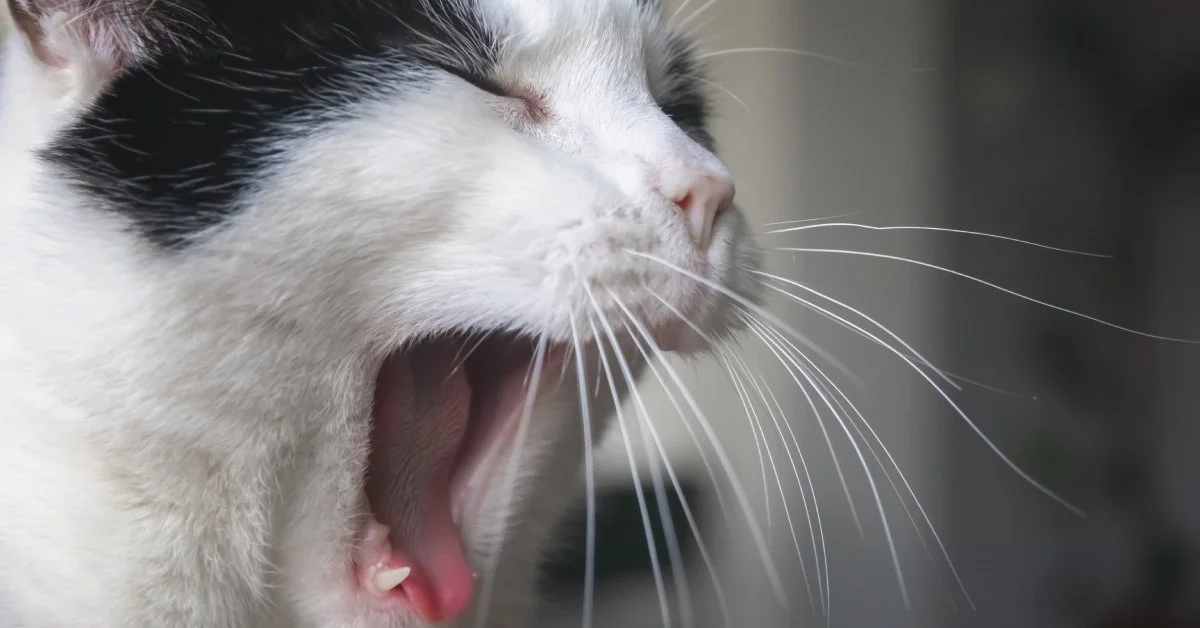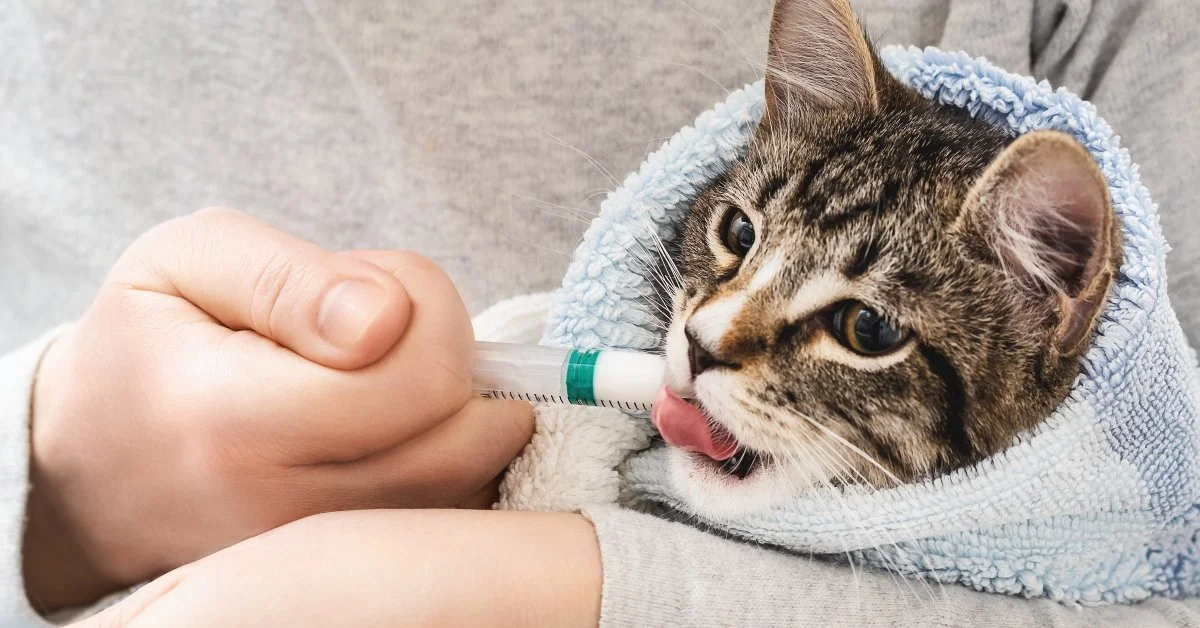When You Should Be Concerned About Cat Vomiting
Cats will usually throw up every now and then, but it’s something to keep an eye on, especially if it happens regularly. Knowing when you should be concerned about cat vomiting allows you to watch for potentially dangerous signs and take appropriate action. The Complete Pet Animal Hospital is here to help with an overview of common causes of cat vomiting, danger signs to watch out for, and actions you can take to get your feline friend on the mend.
Common Causes of Cat Vomiting
Many of the reasons cats throw up are perfectly harmless. For example, one of the most common causes is hairballs. Cats groom themselves and ingest loose fur, which accumulates in their body. When they need to expel it, the hairball may include food and bile.
Some cats also eat their food too quickly or ingest air while eating, which results in regurgitation shortly after their meal. Other dietary issues that can cause vomiting include a sudden change in food brands or types or sensitivity to certain ingredients.
Many cats like to chew on plants and other objects they shouldn’t ingest, which can upset their stomach and lead to vomiting. Environmental triggers like exposure to chemicals or even stress can also play a role in sudden vomiting episodes.
When Cat Vomiting Could Be Serious
As established, throwing up is fairly normal for cats, but chronic or persistent vomiting could be a sign of a deeper issue. If your cat vomits multiple times in a short period, that could be indicative of a health issue. Check if there are other symptoms like lethargy, weight loss, or changes in appetite or behavior.
You should also check the content of the vomit, as unpleasant as this may be. Look for blood or excess bile. Vomiting bile, blood, or partially digested food can be signs of gastrointestinal issues that may require immediate veterinary attention. And while occasional hairballs are normal, coughing up hairballs too frequently or with great difficulty should also prompt further medical attention.
Signs That Require Immediate Attention
While cat vomiting usually elicits a wait-and-see approach, certain symptoms warrant immediate veterinary care. For example, if your cat is throwing up while also having diarrhea, book an appointment with your vet immediately or take your cat to an emergency vet. These symptoms together can result in severe dehydration, especially in older or younger cats or those with existing health problems. Refusal to eat or drink, projectile vomiting, and visible distress also require swift veterinary action.
Pay attention if your cat has difficulty breathing or is showing signs of abdominal pain like excessive crying or taking extra care to guard their stomach. These behaviors could mean something more serious is going on, like ulcers, blockages, or even organ damage. In those cases, you should seek veterinary treatment immediately.
Possible Underlying Medical Conditions
One of the main scenarios when you should be concerned about cat vomiting is if your cat suffers from preexisting health problems like kidney disease, hyperthyroidism, or diabetes, all of which can contribute to vomiting. Your cat may have excessive thirst, frequent urination, or changes in weight if they’re regularly throwing up and have these conditions. It’s important to get an official diagnosis from your vet and see which health treatments they recommend to help your cat.
Other common issues are gastrointestinal obstructions from eating a foreign object like strings or even grass. These obstructions may prevent food from moving through the cat’s digestive tract, leading to discomfort and vomiting.
In some cases, your cat may even have food allergies. Some cats react negatively to certain ingredients like grains or artificial additives, which upsets their stomach and results in vomiting. Raise these concerns with your vet during your cat’s appointment. Your vet may recommend an elimination diet to see which specific foods cause the problems. You can then omit those ingredients or foods from your cat’s diet going forward.
Monitoring Your Cat’s Health at Home
Keeping track of your cat’s habits and behaviors is essential for identifying patterns or changes that may impact their health. Note the frequency and timing of vomiting episodes as well as accompanying symptoms. Start a journal or record these details on your phone to help you identify possible trends that aren’t immediately obvious.
Pay close attention to your cat’s eating and drinking habits, stool quality, and energy levels. Any noticeable changes, even if they seem minor, are usually worth discussing with a veterinarian. Cat health often depends on catching subtle signs early to prevent larger issues later.
How a Veterinarian Can Help
If your cat vomits regularly but otherwise seems okay, you may want to bring them in for a checkup anyway. Vets can perform thorough examinations and run diagnostic tests like blood work, ultrasounds, or X-rays. The vet may evaluate your cat’s diet, lifestyle, and medical history to fine-tune treatment plans.
Treatment will differ depending on the cause of vomiting. You might be able to manage your cat’s gastrointestinal disturbances with medication, while larger obstructions may require surgery. Underlying conditions may require ongoing medical care, so keep up with vet appointments for your cat.
Prioritize Your Cat’s Health
When it comes to your cat’s health, trusting your instincts is important. You know your pet better than anyone else and can often tell when their behavior is out of the ordinary. If you’re uncertain about whether their vomiting is cause for concern, it’s always better to consult with a veterinarian to ease your worries and prioritize your cat’s well-being.
If your cat has persistent vomiting or other concerning symptoms, don’t wait to seek professional advice from a veterinarian. The Complete Pet Animal Hospital is here to provide expert and compassionate care. For urgent pet care in Litchfield Park, AZ, contact us today so your furry companion gets the attention they need.



